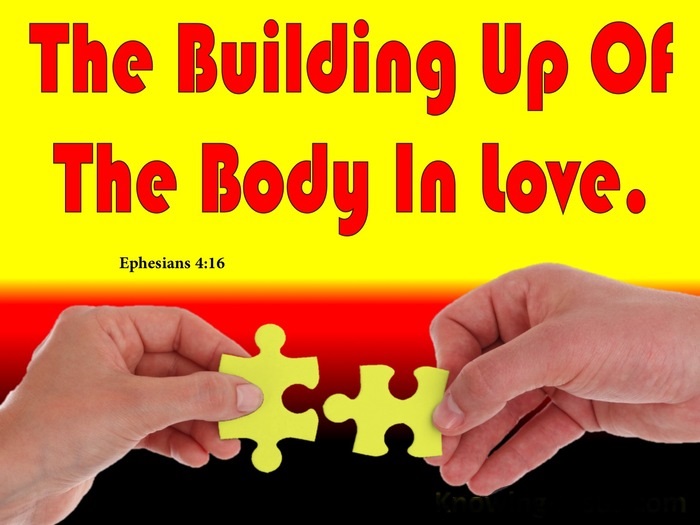From his the whole body, joined and held together by every supporting ligament, grows and builds itself up in love, as each part does its work. ~ Ephesians 4:16 NIV
Not too long ago, I had a too close encounter with a wood splitter. The result was that I have lost part of the tip of my left middle finger. In the grand scheme of things, it is a small loss. My clinical world is pediatric heart transplantation, so I surely cannot complain about my loss when I am with my young patients – all of whom have lost, and gained, a heart. That said, the accident has affected me more than I would have thought likely.
The constant irritating pain was expected. What I did not expect was how much I would miss that part of my finger. By “miss it,” I do not mean the functionality of the finger, though that surely is irritating. For instance, even typing this short devotion is harder than it used to be. But – I miss the physical part of it.
This awareness dawned on me about three weeks into this small journey on the other side of the stethoscope. I was feeling kind of depressed, which is not my usual, sometimes pathologically optimistic self. It finally dawned on me that I was mourning the loss of part of me.
I received superb care in the emergency department and afterward. I was particularly struck by the healing power of compassion and competence that was shown to me by a wonderful fifth-year plastic surgery resident. I have nothing but praise for my surgeons and the expert therapists in the hand rehabilitation center. And, I also now know that there was more healing that needed to occur than just the knitting together of my tissue and regaining proper sensation.
I am not wise or savvy enough to be able to describe the psychological underpinnings of a human’s sense of self. I do know, though, that it is complicated and likely very individual. What this experience has taught me is that I should be more sincere when I ask how a patient is feeling. They could be physically feeling fine; but within their spirit or their psyche, they could be experiencing loss, worry, sadness, dissatisfaction, or any number of other confusing or upsetting feelings.
I very much value having been trained at, and to be practicing in, an institution that has a core value that appreciates that being well is not just a matter of medicines and scalpels. It includes an understanding that humans are spiritual and emotional beings that combine with a physical being to create a whole person, created in the image of their Creator.
I also know that I, too often, am focused on the nuts and bolts of making sure my patients’ immunosuppression med levels are fine, that they are not anemic, and that they are getting their proper rejection surveillance. My additional prayer is to remember that when I ask, “How are you feeling?” I make it clear that I am interested in their whole person response to that question.
–Richard E. Chinnock, LLUSM class of 1982, is chair and professor in LLUSM department of pediatrics. He and his wife, Ruthie, reside in Oak Glen, California.
